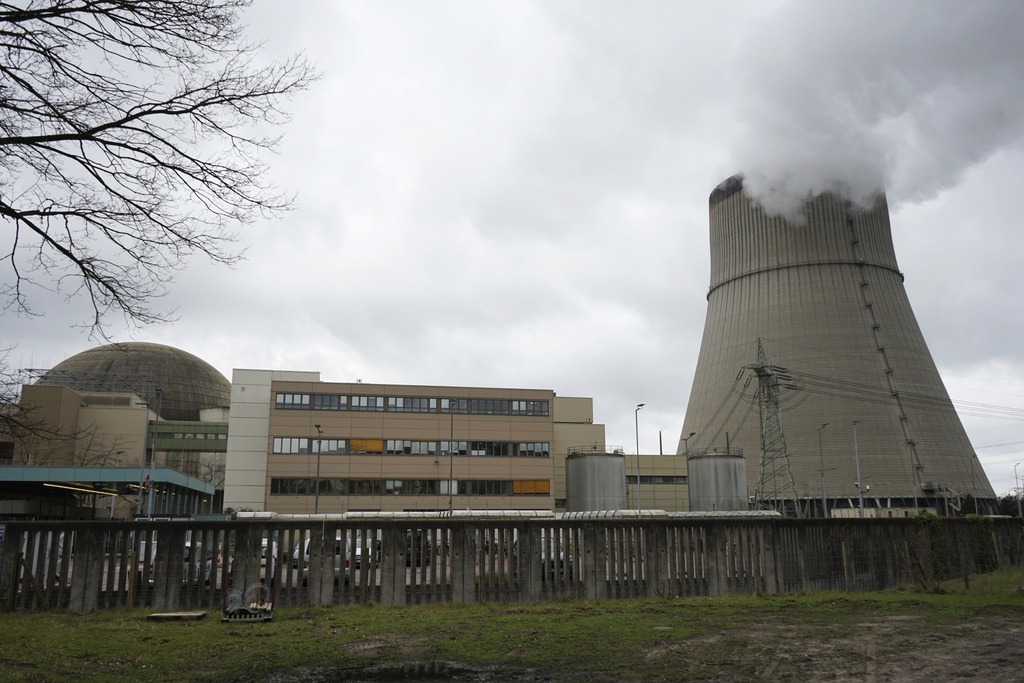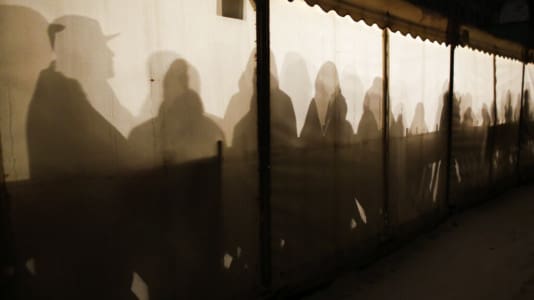After closing its last three nuclear plants, Germany continues to heavily rely on French power generated from nuclear plants.
In recent years, German system operators have very often instructed some large industrial consumers to reduce or completely stop their consumption during certain periods in order to guarantee system balance, nuclear energy expert Zsolt Hárfás told Hungarian newspaper Magyar Nemzet.
Such circumstances arise because the European electricity system is short of capacity and has limited capabilities to import electricity at certain times. Germany, however, accepts electricity imports from France, mainly from its nuclear power plants.
Hárfás added that two dozen scientists and Nobel Prize winners recently wrote an open letter to German Chancellor Olaf Scholz via Replanet, calling for the last three nuclear power plants to continue operating, citing the energy crisis, climate protection and the lack of Russian gas.
They also pointed out to the chancellor that the three nuclear power plants produced a total of 32.7 TWh of climate-friendly electricity in 2022, enough to power a quarter of Germany’s 10 million households.
Looking at the production data for the entire lifetime of the now closed Isar-2, Emstand and Neckarwestheim-2 nuclear power plants, they operated at an average utilization rate of 93 percent over their less than 34 years of operation. In other words, the units operated at almost peak capacity and had not even reached their 40-year operating life, and therefore were still in good condition. The scientists argue these plants could have been safely operated and would have had enough fuel to keep them running.
As a consequence of the increase in coal and gas power generation in recent years, German carbon emissions last year alone were 30 million tons more than in 2020, and Germany is steadily failing to meet its climate targets. At the same time, the demand for coal supplies has risen. Before the Ukrainian-Russian conflict, half of all coal imports came from Russia, but in the meantime, Brussels has also sanctioned Russian coal. German coal importers therefore source coal for power plants from South Africa, Australia, the U.S., Indonesia and Colombia.






